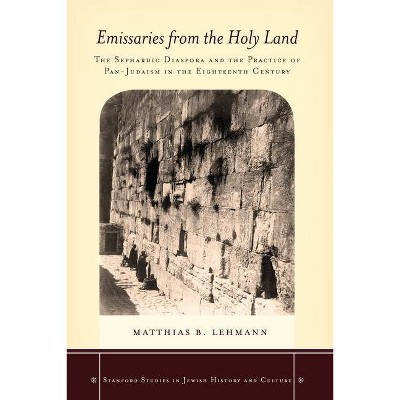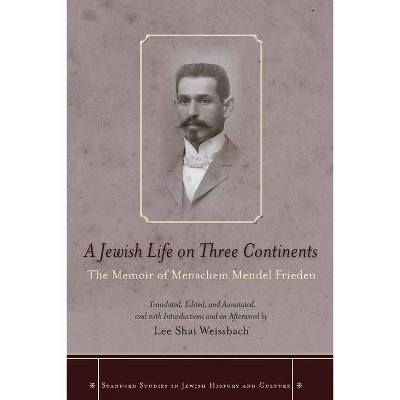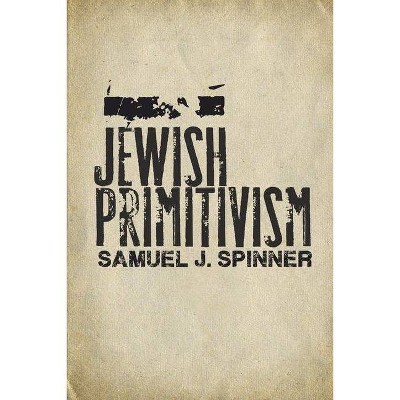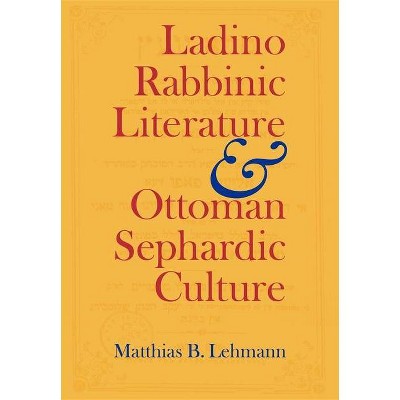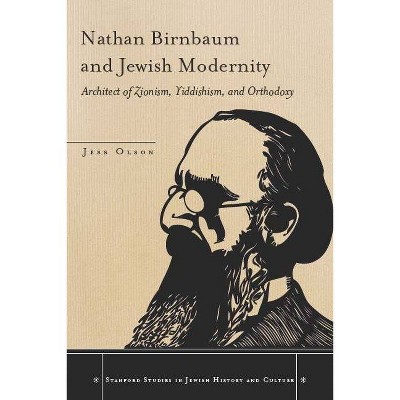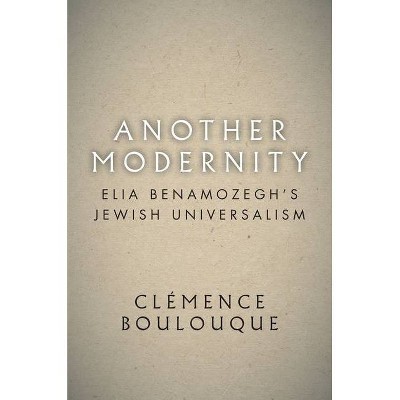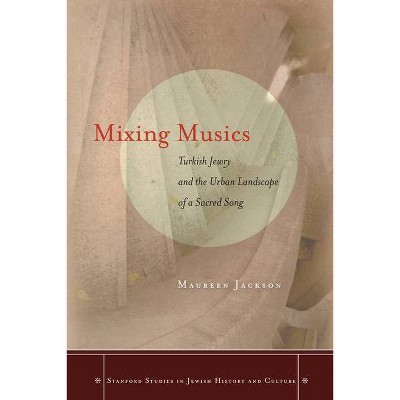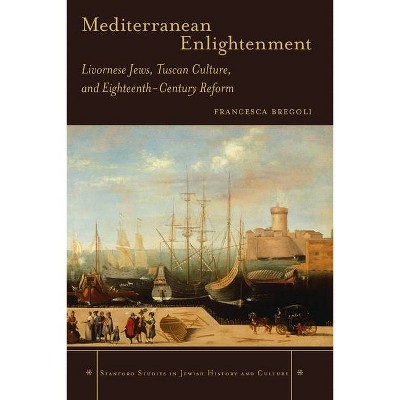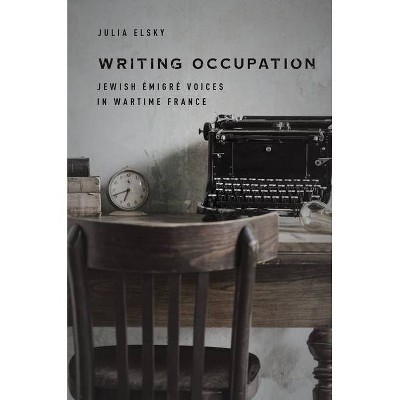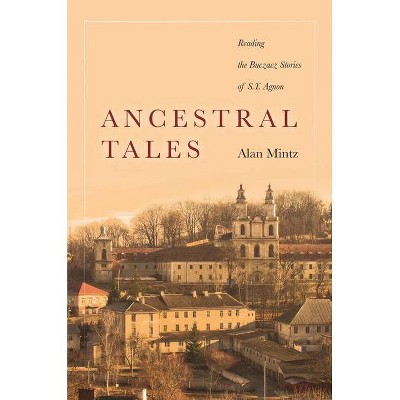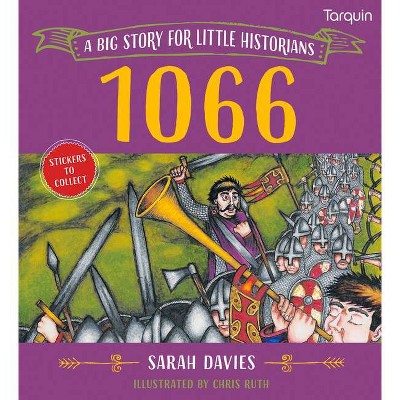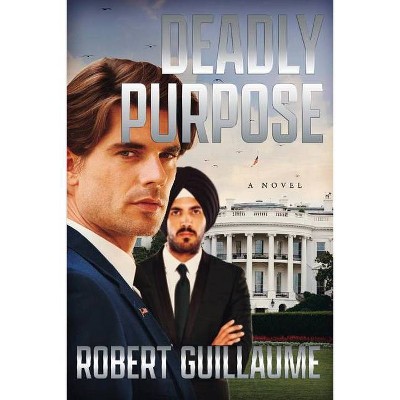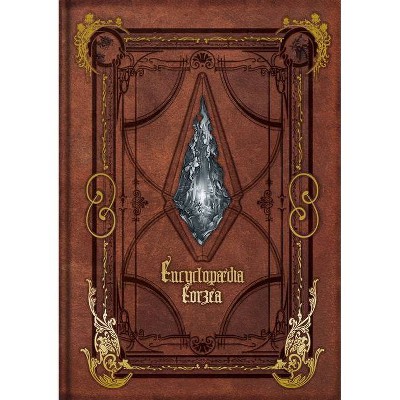The Baron - (Stanford Studies in Jewish History and Culture) by Matthias B Lehmann (Hardcover)
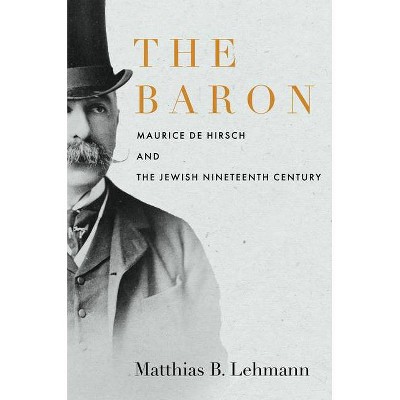
Similar Products
Products of same category from the store
AllProduct info
<p/><br></br><p><b> Book Synopsis </b></p></br></br><p><b>A sweeping biography that opens a window onto the gilded age of Jewish philanthropy.</b></p> <p>Baron Maurice de Hirsch was one of the emblematic figures of the nineteenth century. Above all, he was the most influential Jewish philanthropist of his time. Today Hirsch is less well known than the Rothschilds, or his gentile counterpart Andrew Carnegie, yet he was, to his contemporaries, the very embodiment of the gilded age of Jewish philanthropy. Hirsch's life provides a singular entry point for understanding Jewish philanthropy and politics in the late nineteenth century, a period when, as now, private benefactors played an outsize role in shaping the collective fate of Jewish communities.</p> <p>Hirsch's vast fortune derived from his role in creating the first rail line linking Western Europe with the Ottoman Empire, what came to be known as the Orient Express. Socializing with the likes of the Austrian crown prince Rudolph and Bertie, Prince of Wales, Hirsch rose to the pinnacle of European aristocratic society, but also found himself the frequent target of vicious antisemitism. This was an era when what it meant to be Jewish--and what it meant to be European--were undergoing dramatic changes. Baron Hirsch was at the center of these historic shifts.</p> <p>While in his time Baron Hirsch was the subject of widespread praise, enraged political commentary, and conspiracy theories alike, his legacy is often overlooked. Responding to the crisis wrought by the mass departure of Jews from the Russian Empire at the turn of the century, Hirsch established the Jewish Colonization Association, with the goal of creating a refuge for the Jews in Argentina. When Theodor Herzl, the founder of Zionism, advertised his plan to create a Jewish state (not without inspiration from Hirsch), he still wondered whether to do so in Palestine or in Argentina--and left the question open. In <i>The Baron</i>, Matthias Lehmann tells the story of this remarkable figure whose life and legacy provide a key to understanding the forces that shaped modern Jewish history.</p><p/><br></br><p><b> Review Quotes </b></p></br></br><br>This book is a very impressively researched study of a crucial figure in modern Jewish history, as well as the history of the Ottoman Empire, European history, and their intersections. With his extensive work in several archives around the world, and in many languages, Lehmann has produced a keenly argued biography of Baron Hirsch.--Michael Stanislawski "Columbia University"<br><br>This book offers a new look at the history of modern European Jewry and a fresh understanding of modern Europe itself, seen through its imperial quests, its intrigues and its conflicts, its class structure, and changing role of the state. Combining impeccable research with clear, flowing, and attractive prose, Lehmann has created a first-rate intellectual experience that is also a finely wrought and compelling narrative.--Eli Lederhendler "The Hebrew University of Jerusalem"<br><p/><br></br><p><b> About the Author </b></p></br></br><b>Matthias B. Lehmann</b> is Teller Family Chair in Jewish History and Professor of History at the University of California, Irvine.
Price History
Price Archive shows prices from various stores, lets you see history and find the cheapest. There is no actual sale on the website. For all support, inquiry and suggestion messages communication@pricearchive.us
